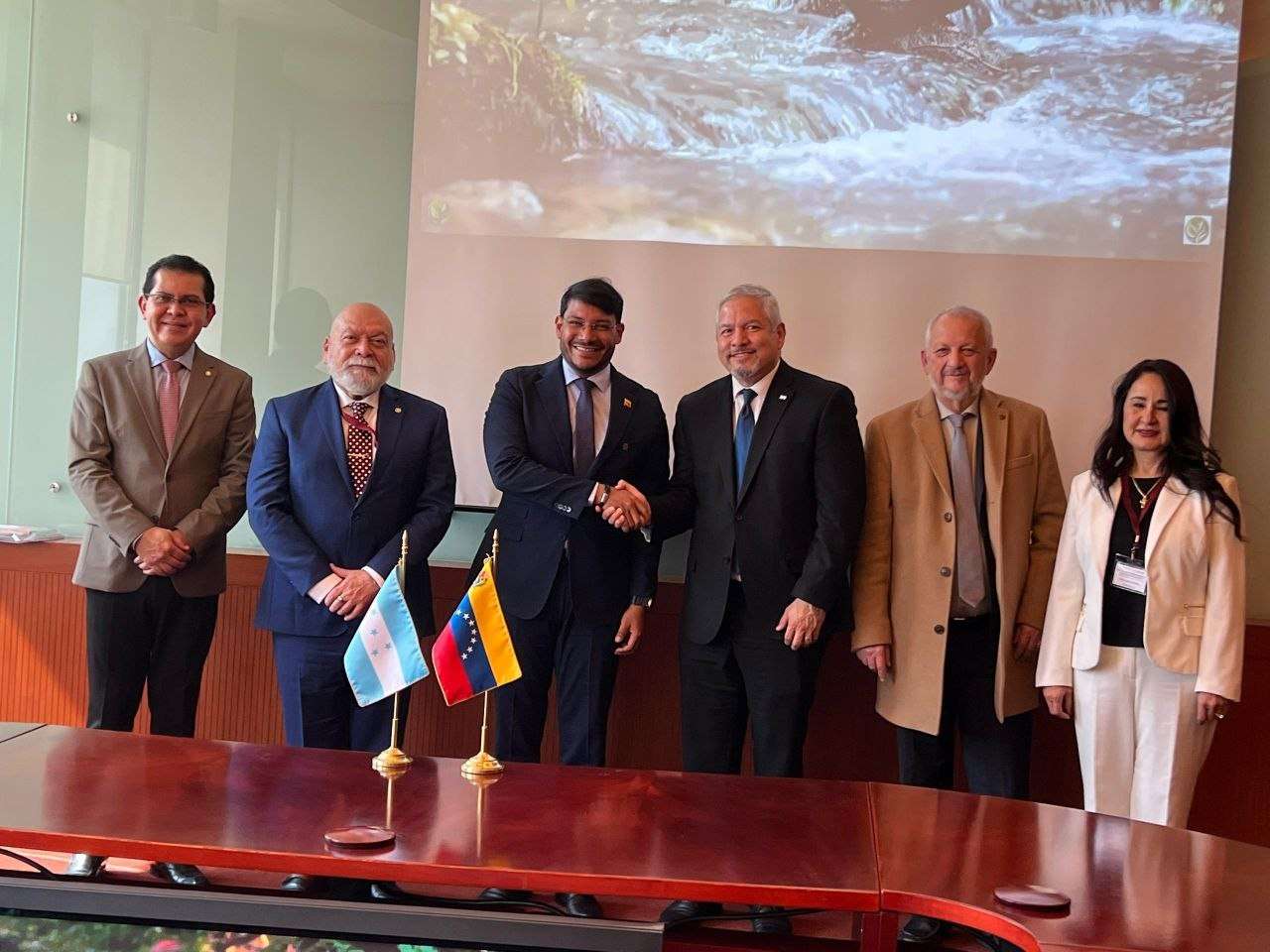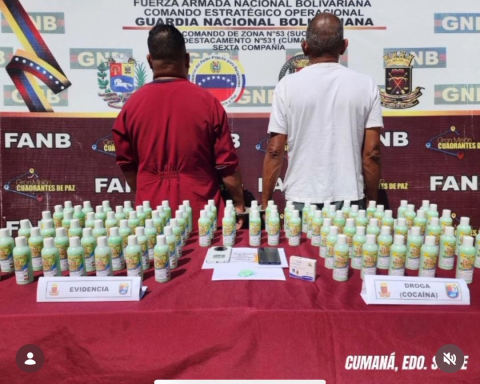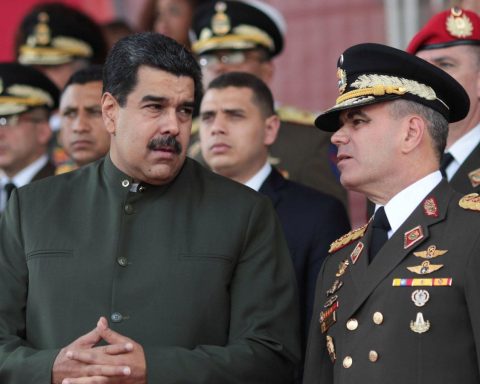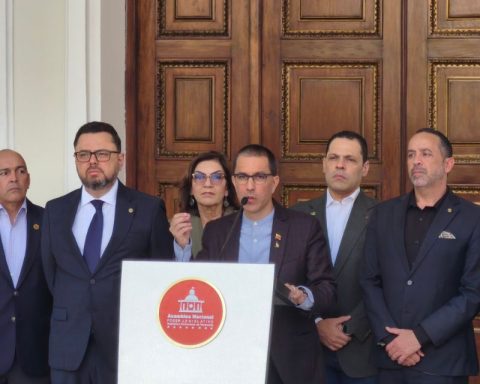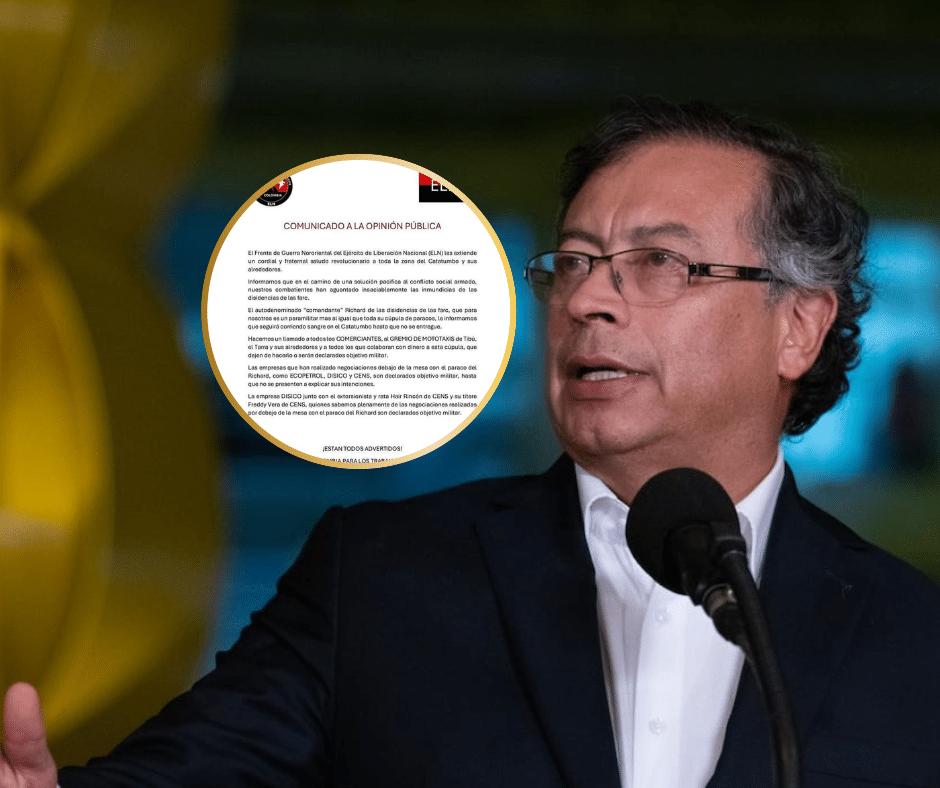The Vice Minister for Latin America, Rander Peña, on behalf of the Government and people of Venezuela, demanded the cessation of the illegal imposition of unilateral coercive measures against Venezuela, a request that was included in the Declaration of the Meeting on Human Mobility on the Northern Route of the continent, held in Mexico during January 16 and 17.
On his Telegram channel, Peña highlighted the support of the ministers, vice ministers and/or heads of delegation of Belize, Brazil, Colombia, Cuba, El Salvador, Guatemala, Haiti, Honduras and Mexico, on this issue, in addition to addressing the challenges in immigration matters.
“We condemn unilateral coercive measures as a structural cause of Venezuelan migration, and the countries urged the definitive and unconditional lifting of these criminal sanctions against our people. Likewise, we condemn all forms of criminalization of migrants and all types of unscrupulous businesses that seek to profit from migration,” Peña emphasized.
Likewise, he expressed the commitment of the President of the Republic, Nicolás Maduro, to advance the implementation of the Palenque agreements, while affirming that Venezuela is ready to receive every Venezuelan man and woman who were forced to migrate, as a result of the economic sanctions illegally imposed by the United States and its satellite countries.
Likewise, the vice minister for Latin America published the declaration of the meeting on human mobility on the continent’s northern route.
Below is the full text:
DECLARATION MEETING ON HUMAN MOBILITY ON THE NORTHERN ROUTE OF THE CONTINENT
The ministers, vice ministers of Foreign Affairs and heads of delegation of Belize, Brazil, Colombia, Cuba, El Salvador, Guatemala, Haiti, Honduras, Mexico and Venezuela:
We recognize the importance of constructive and respectful dialogue between countries for better management of migratory flows and their challenges.
We call on all countries in the hemisphere to conduct themselves in accordance with international law, human rights and their own internal legislation in the management of human mobility with a humanistic approach, particularly in the face of the threat of mass deportations.
We stand in solidarity with people who are forced to leave their communities of origin, with the conviction that migration should be an option and not a necessity.
We reaffirm that all migrants, regardless of their immigration status, have fundamental and inalienable rights, and that all States are obliged to respect them, protect them and seek to adopt measures for their full realization.
We commit to defending the human rights of all migrants, to reject their criminalization at all stages of the migration cycle, and to protect them as a priority from organized transnational crime that profits from migration, as well as from measures that place them in a situation of vulnerability and other risk factors. We will intensify intergovernmental cooperation and the exchange of information and good practices in consular matters, and the fight against trafficking and smuggling of migrants.
We reaffirm our interest in suggesting the reactivation of the meetings on migration of the Community of Latin American and Caribbean States (CELAC), with a view to having a broad space for discussion of proposals from the different international organizations and mechanisms that address the issue of migration. This will facilitate the identification of synergies and complementarities between the different initiatives, in order to promote greater coherence and articulation between them, and support the strengthening of their respective agendas.
Guided by the principle of shared responsibility, we will redouble national efforts and cooperation between governments, civil society, the private sector, destination countries, international organizations, international development banks and other partners, to address the structural causes of the migration phenomenon in Latin America and the Caribbean. We understand that common efforts towards sustainable development, as well as the fight against poverty and hunger, and the reduction of social inequality gaps, promote social well-being.
We reaffirm our commitment to promote pathways for safe, orderly and regular migration between our countries and other countries on the continent.
We highlight that external factors, such as unilateral coercive measures, negatively affect entire populations and, to a greater extent, the most vulnerable people and communities. We urge their lifting, as they are contrary to international law and have serious social repercussions beyond the countries on which they are imposed.
Announcements of mass deportation are of serious concern, not least because of their incompatibility with fundamental principles of human rights and their failure to effectively address the structural causes of migration.
We reiterate our intention to expand regular avenues for labor mobility, and we call on other countries to do so. We are convinced that this contributes to the shared prosperity of our people and the region as a whole, and that is why we work towards the sustainable socioeconomic integration of migrants, in light of their important contributions to the countries and communities of destination.
We recognize the need to achieve humane and responsible management of irregular migratory flows. This management must include policies and measures to progressively strengthen the migration and international protection systems, where appropriate; provide basic assistance and services for people on mobility; exchange information on the characteristics and routes of such flows; ace! how to resort to voluntary and assisted return mechanisms in a dignified, orderly manner, respectful of human rights and with attention to reintegration that allows people to have opportunities for well-being in their communities of origin.
We reaffirm our firm support for the stability of the Republic of Haiti and to contribute decisively, according to the capabilities of each country, to support it in its efforts, together with the international community and the United Nations in particular, to restore an environment of human security for the normalization of the political, economic and social situation, with a focus on sustainable development.
We will maintain close communication to evaluate progress towards these objectives and prioritize situations that warrant our greatest attention.
